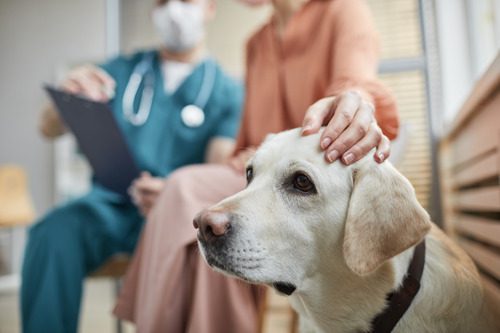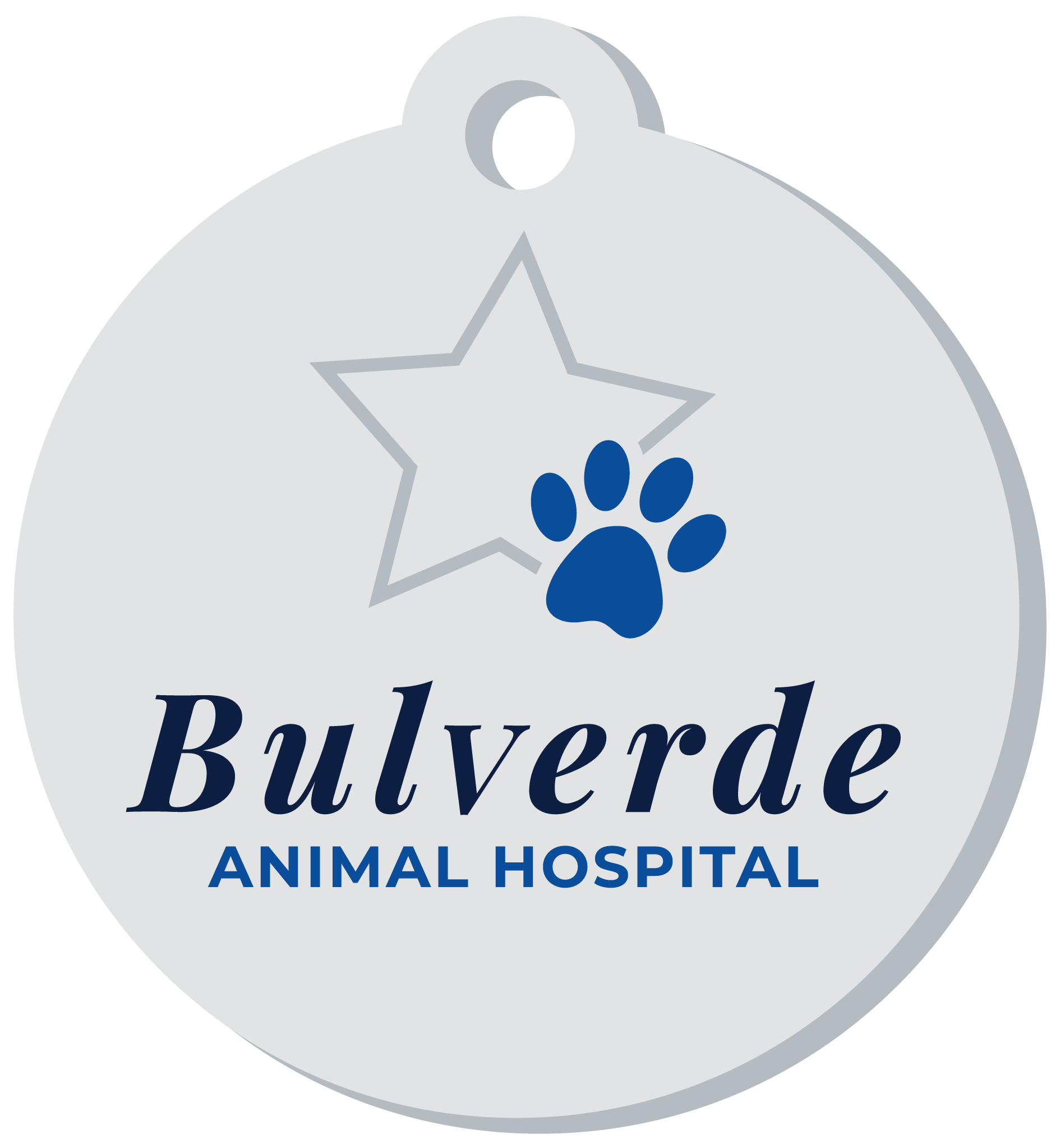What Toxins Cause Pancreatitis in Dogs?

Pancreatitis in dogs is a serious condition that can be triggered by various toxins. Understanding what toxins cause pancreatitis in dogs can help pet owners take preventive measures to protect their pets. In this blog, we will explore the common toxins that can lead to pancreatitis in dogs, how these toxins affect their pancreas, and what symptoms to look out for. If you suspect your dog has been exposed to any of these toxins, call Bulverde Animal Hospital at (830) 438-7200 immediately.
What Are Typical Household Toxins That Lead to Pancreatitis?
Fatty Foods and Table Scraps
Feeding your dog fatty foods or table scraps might seem harmless, but these can lead to acute pancreatitis. High-fat meals, such as greasy meats, bacon, and fried foods, put excessive stress on your dog’s pancreas, leading to inflammation. The pancreas produces enzymes to digest fats, and when it becomes overloaded, these enzymes can start digesting the pancreas itself. Signs of pancreatitis from fatty foods include vomiting, diarrhea, and abdominal pain.
Certain Human Medications
Certain human medications, including anti-inflammatory drugs and some antibiotics, can be toxic to dogs. For example, ibuprofen and aspirin can cause severe gastric irritation and pancreatitis. Dogs metabolize medications differently than humans, making them more susceptible to the toxic effects. Keep all medications out of reach of pets and consult your veterinarian before administering any drugs to your dog.
Ingesting Garbage or Spoiled Food
Ingesting spoiled food or food contaminated with bacteria can lead to pancreatitis. Spoiled food contains toxins that can irritate the pancreas and cause inflammation. Symptoms of garbage ingestion include vomiting, diarrhea, and lethargy. Preventing your dog from accessing garbage can help maintain their health.
Which Plants and Chemicals Cause Pancreatitis?
Toxic Plants
Plants like sago palms, azaleas, and tulips contain toxins that, when ingested, can lead to severe health issues. Sago palms, in particular, are highly toxic and can cause liver failure in addition to pancreatitis. Signs of plant poisoning include vomiting, drooling, and abdominal pain.
Household Chemicals
Household chemicals such as cleaning agents, pesticides, and antifreeze can be extremely toxic to dogs. Antifreeze, which contains ethylene glycol, is particularly dangerous and can cause acute kidney failure and pancreatitis. Dogs are often attracted to its sweet taste, making it a significant hazard. Symptoms of chemical poisoning include vomiting, seizures, and uncoordinated movements. Ensure that all chemicals are stored safely out of your pet’s reach.
Potential Toxins in Human Foods
Chocolate and Caffeine
These substances contain methylxanthines, which can cause serious health issues, including pancreatitis. Dark chocolate and baking chocolate have the highest concentrations of these harmful compounds. Symptoms of chocolate or caffeine poisoning include vomiting, diarrhea, rapid breathing, and seizures.
Grapes and Raisins
Grapes and raisins, although healthy for humans, can be toxic to dogs and cause pancreatitis and kidney failure. The exact toxic substance in grapes and raisins is still unknown, but even small amounts can be harmful. Signs of toxicity include vomiting, diarrhea, and lethargy. If you suspect your dog has ingested grapes or raisins, seek veterinary care immediately.
Symptoms of Pancreatitis to Watch For
Pancreatitis can manifest through various symptoms, which may include:
- Vomiting
- Diarrhea
- Loss of appetite
- Abdominal pain
- Lethargy
- Fever
Preventive Measures and What to Do If You Suspect Poisoning
Here are some preventive measures:
- Store all human foods, medications, and chemicals out of your dog’s reach.
- Keep garbage secured and dispose of food scraps properly.
- Be cautious with plants in your home and garden, ensuring they are non-toxic to pets.
- Educate yourself about common household toxins and stay vigilant about what your dog can access.
What to Do If You Suspect Poisoning
If you suspect your dog has been exposed to a toxin, stay calm. Try to determine what your dog has ingested or been exposed to. Call Bulverde Animal Hospital or your nearest emergency veterinary clinic. Provide them with as much information as possible about the suspected toxin. Follow the instructions given by your veterinarian or poison control center. Do not attempt to treat your dog at home without professional guidance.
If you have any concerns about your dog’s exposure to toxins or signs of pancreatitis, contact Bulverde Animal Hospital at (830) 438-7200 or request an appointment online. Our team is dedicated to providing the best care for your pet and ensuring their well-being.
Recent Posts
About Us
At Bulverde Animal Hospital, our ultimate goals are excellent service to clients, personal growth, and the professional development of our staff. We are a small clinic creating a significant impact on pets' lives.
